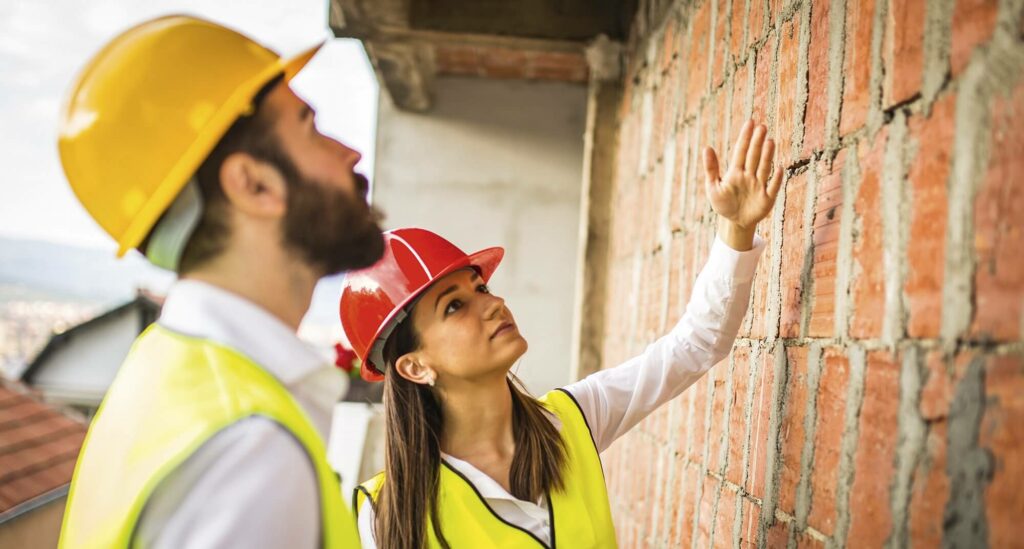When considering the purchase of an existing property in France, one of the potential concerns that may arise is the presence of asbestos. Asbestos was widely used in construction across Europe, including France, until it was banned in 1997 due to health risks. However, it is still commonly found in older properties. Understanding the implications of asbestos and why its presence does not necessarily pose a health risk is essential for anyone considering buying property in France.
What Is Asbestos?
Asbestos is a group of naturally occurring fibrous minerals that were once valued for their durability, heat resistance, and insulating properties. These characteristics made asbestos a popular material in construction, particularly in roofing, insulation, and floor tiles. Unfortunately, asbestos was later found to pose significant health risks. When asbestos-containing materials deteriorate or are disturbed, they can release microscopic fibers into the air.
Asbestos in French Properties
Given its historical use, asbestos is present in many buildings constructed before the late 1990s in France. This includes not only residential properties but also commercial and public buildings. In fact, it’s very common to find asbestos in older properties throughout the country. When purchasing an older property, it is not uncommon for a diagnostic report (Dossier de Diagnostic Technique, or DDT) to reveal the presence of asbestos. This report is mandatory for all properties built before July 1, 1997, and must be provided by the seller as part of the property sale process.

Should You Be Concerned?
The presence of asbestos in a property might initially seem alarming, but it’s important to understand the context. Asbestos only becomes a health hazard when it is disturbed and fibers become airborne. In many cases, asbestos in a property may be safely contained, such as within walls, under flooring, or in roofing materials. When asbestos is encapsulated and undisturbed, it does not pose a risk to the inhabitants of the property.
In fact, French regulations do not require the immediate removal of asbestos unless it is in poor condition or poses a direct risk. Encapsulated asbestos, such as in a well-insulated roof, is often left in place because removing it could actually create a greater risk of fiber release. Instead, property owners are required to monitor the condition of the asbestos-containing materials and ensure they remain in good condition.
Managing Asbestos in Your Property
If you’re considering buying a property with asbestos, there are steps you can take to manage any potential risks. First, ensure that the diagnostic report is up to date and conducted by a certified professional. This report will identify the location and condition of any asbestos-containing materials. If asbestos is found in good condition, there is usually no need for removal. However, if the materials are damaged or likely to be disturbed during renovations, professional removal or encapsulation by a licensed contractor may be necessary.
Additionally, it’s important to plan ahead if you intend to renovate the property. Any renovation work that could disturb asbestos-containing materials must be carefully managed to avoid the release of fibers. French law requires that such work be carried out by licensed professionals who are trained to handle asbestos safely.
Reassurance for Buyers
It’s essential to understand that the presence of asbestos in a property is very common and not a cause for alarm. Many properties across France and even Europe still contain asbestos, and thousands of people live safely in these homes every day.
If you’re buying a property in France and discover asbestos, rest assured that this is a manageable situation. With the right precautions and professional advice, you can comfortably enjoy your new home without health risks. The key is to remain informed and proactive, ensuring that any asbestos is kept in good condition and that any necessary work is done by qualified professionals.
By taking these steps, you can confidently proceed with your purchase, knowing that asbestos, when properly managed, does not diminish the safety or value of your new property.


